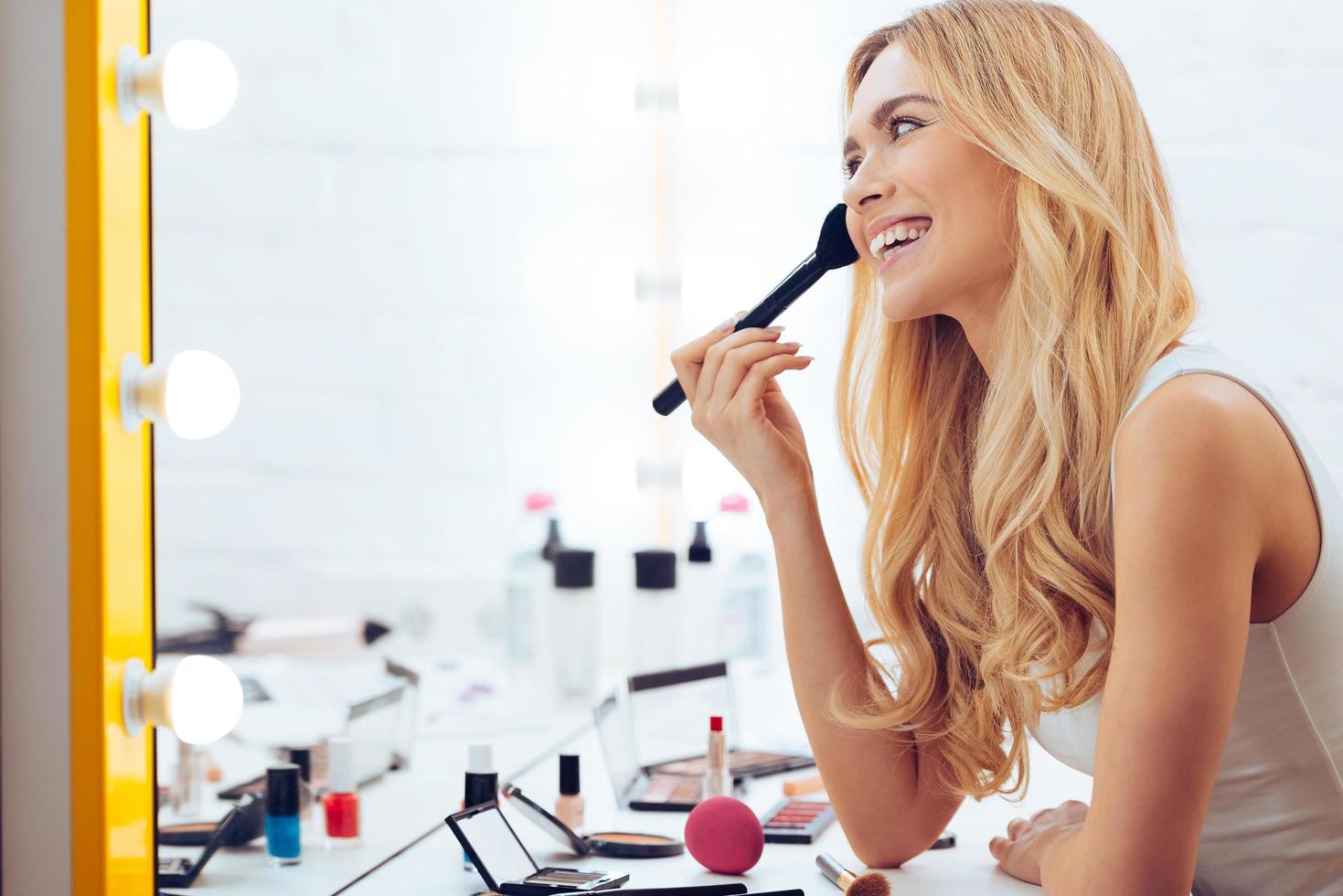As an Amazon Associate, I may earn a commission from qualifying purchases. Please note that you are never charged any extra for that.
No, there is no need to brush your cheeks. Brushing your teeth regularly is enough to maintain good oral hygiene.
Brushing your cheeks can irritate your skin and has no added benefits for your oral health. Oral hygiene is essential for overall health and well-being. Proper brushing of teeth helps in removing plaque and preventing cavities, gum disease, and bad breath.
While brushing your teeth, make sure to brush each tooth’s top, back, and front and the tongue’s surface for at least two minutes. Flossing also helps in removing food particles in between teeth where a toothbrush cannot reach. However, some people might wonder if they should brush their cheeks for proper oral care. In this article, we will explore the benefits, or lack thereof, of brushing cheeks and how to maintain good oral hygiene.

Credit: www.vecteezy.com
Table of Contents
Benefits Of Brushing Your Cheeks Daily
Daily skincare routine is essential to keep your skin healthy and radiant. Neglecting cheek care can lead to acne and pigmentation. Brushing your cheeks gently can enhance blood circulation, improving skin health. Achieve a natural glow with cheek brushing. Take care of your cheeks daily to prevent skin problems.
Adopting a good skincare routine can go a long way in keeping your skin healthy.
Natural Methods Of Cheek Brushing
Cheek brushing is a common practice for enhancing facial beauty. It involves massaging the cheeks with a brush to improve blood flow and activate lymph nodes. To achieve the desired results, understanding the correct technique is key. Choosing the right brush will make the experience even more rewarding.
Several products can also enhance your cheek brushing routine. You can make diy face oils and serums to use with cheek brushing. However, some precautions are necessary while brushing to prevent skin damage. Overall, cheek brushing is a natural and non-invasive method for achieving a radiant, youthful look.
When Should You Brush Your Cheeks?
Brushing your cheeks is an easy way to promote healthy skin and reduce facial puffiness. You can incorporate cheek brushing into your morning or nighttime routine, depending on what works best for you. Some people may benefit from brushing their cheeks twice a day, while others may only need to do it once a day.
The frequency of cheek brushing can also depend on your skin type. If you have sensitive skin, you may need to brush less often than someone with oily skin. While cheek brushing is not a miracle cure for puffiness, it can help to reduce it over time.
Overall, incorporating cheek brushing into your skincare routine is a simple and effective way to promote healthy skin.
Products To Use While Brushing Your Cheeks
It is important to consider the products you use while brushing your cheeks. Creams and serums are best for cheek brushing and choosing natural and organic products is crucial. Avoid shopping for products that contain harsh chemicals and instead opt for those with gentle ingredients.
When applying products to your cheeks, start with the thinnest consistency and work up to the thickest. The right order is cleansing, toning, moisturizing, and applying serums or creams. By following these guidelines, you can ensure that your cheeks are being properly cared for while avoiding any harmful ingredients or products.
Frequently Asked Questions Of Should I Brush My Cheeks?
Why Is It Important To Brush My Cheeks While Brushing My Teeth?
Brushing your cheeks removes bacteria and freshens breath.
Can I Use The Same Toothbrush For Brushing My Teeth And Cheeks?
Yes, but make sure to clean the toothbrush thoroughly after each use.
How Often Should I Brush My Cheeks?
It is recommended to brush your cheeks twice a day, along with brushing your teeth.
Will Brushing My Cheeks Prevent Breakouts?
Yes, gently brushing your cheeks can help prevent clogged pores and breakouts.
Should I Brush My Cheeks Before Or After Brushing My Teeth?
It is recommended to brush your cheeks after brushing your teeth.
Can Excessive Brushing Of Cheeks Cause Any Harm?
Yes, excessive brushing of cheeks can lead to skin irritation and redness, so be gentle.
How Can Brushing My Cheeks Improve My Overall Oral Health?
Brushing your cheeks helps remove bacteria and prevent gum disease, leading to better oral health.
Conclusion
Brushing your cheeks may seem like a peculiar concept, but it’s essential to maintain good oral hygiene. Although not common practice, it’s a good idea to include your cheeks in your daily dental routine. Brushing your cheeks removes any stray food particles that contribute to plaque buildup, which leads to tooth decay and gum disease.
Moreover, it enhances blood circulation in the cheek area, reducing swelling and preventing other oral issues. It’s crucial to brush your teeth and cheeks twice a day and floss daily to maintain healthy teeth and gums. We have understood the significance of brushing cheeks and its contribution to maintaining good oral hygiene.
Ensure that you brush your cheeks along with your teeth to maintain good oral hygiene, preventing oral issues that cause a dent in your otherwise healthy lifestyle.
Leave a Reply